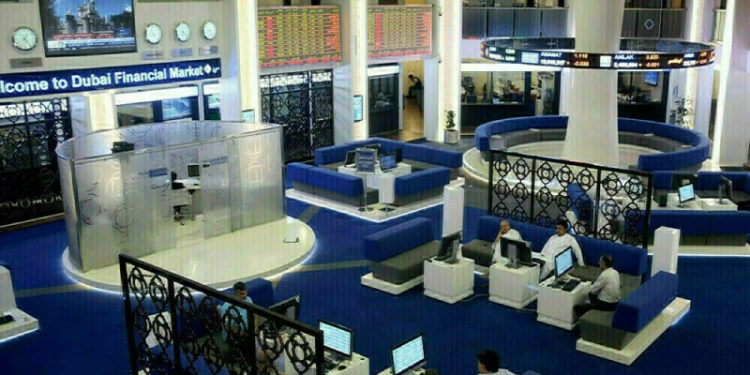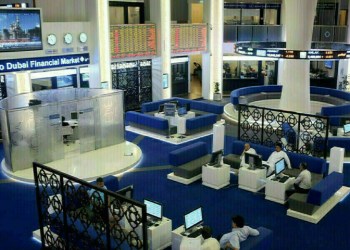BELGRADE (Reuters) – Lack of funding, a high level of bad loans and poor bankruptcy procedures have slowed the growth of lending at the banks in six Western Balkan states, an International Monetary Fund report said on Monday.
External bank funding rose by more than 500 percent before 2008, pushing economic growth in the six countries – Albania, Bosnia, Kosovo, Montenegro, Macedonia and Serbia – the IMF said in a chapter of its European outlook.
In that period, 70 to 95 percent of banking assets in the various countries were controlled by foreign banks, mostly based in the European Union.
But eight years after the world financial crisis broke, foreign banks still see limited prospects in the region, which has prompted the local banks to curb funding from abroad and rely on self-funding, the IMF report said.
Return on equity fell 10 to 35 percentage points during the crisis and still has not recovered to pre-crisis levels. In addition, a high percentage of non-performing loans (NPL) in most of the countries continues to hurt profitability.
To tackle weak credit growth and boost economic prospects for the region, states need to secure a legal framework for dealing with non-performing loans, accelerate judicial reforms and improve bankruptcy and insolvency laws.
“Weak judiciaries make banks weary of lending for fear that debts will not be recovered,” the IMF said in its report.
They also need to sort out property rights, since uncertainty means a range of asserts cannot be easily collateralized.
In addition those constraints, most of countries have too many banks. For example, Serbia, the biggest of the six, has 30 separate banking chains.
To expand the funding base and help banks grow, the countries could develop local capital markets where banks could issue corporate bonds, the report said.
Setting up private-sector pension funds and insurance companies would help create demand for bank bonds and could more generally spur domestic saving, the IMF said in the report.
Despite healthy economic growth rates – exceeding 3 percent at the moment – the region is lagging behind its European peers. Incomes in the region are 30 percent of those in the euro area.
Fusion Media or anyone involved with Fusion Media will not accept any liability for loss or damage as a result of reliance on the information including data, quotes, charts and buy/sell signals contained within this website. Please be fully informed regarding the risks and costs associated with trading the financial markets, it is one of the riskiest investment forms possible.
Source: Investing.com




























